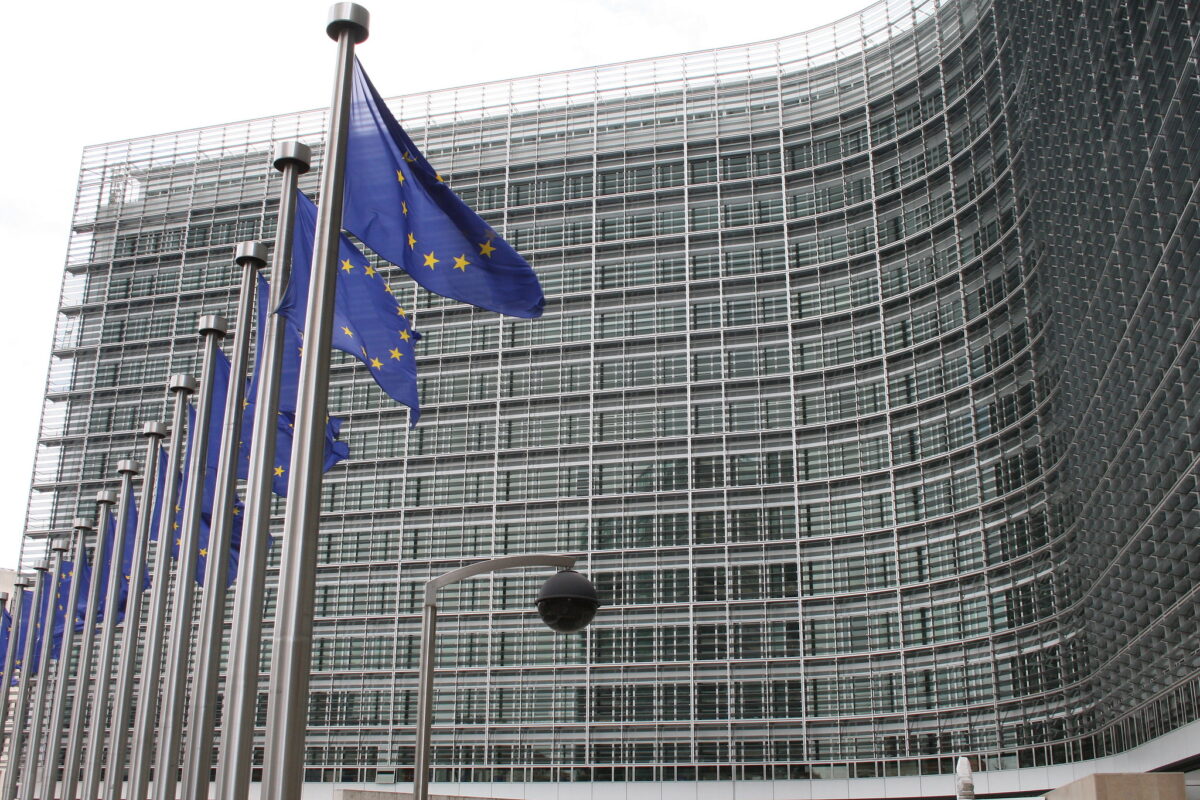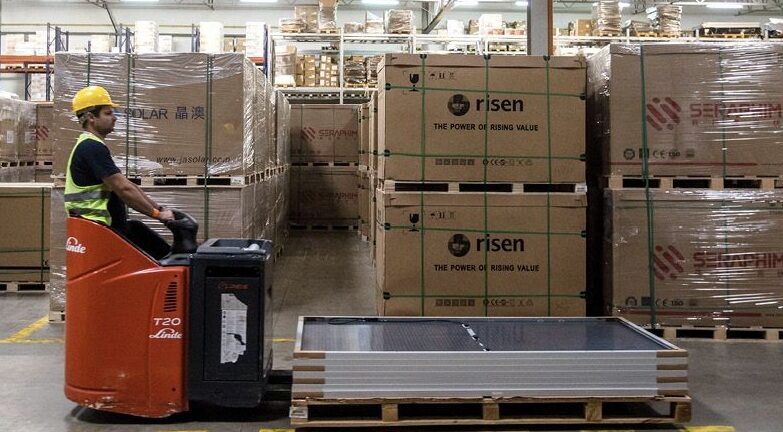The European Commission and European Parliament have come to a provisional agreement to amend 2009 legislation – Ecodesign Directive 2009/125/EC – targeted at making products more energy-efficient, recyclable and transparent.
Among the raft of Ecodesign amendments was the introduction of a digital product passport. The European Commission proposal states the passport is an electronic register of a product’s environmental sustainability data.
The aim of the passport is to facilitate and streamline the “monitoring and enforcement” of European Union and Member State legislation, which is expected to “increase transparency” for supply chain businesses and the general public.
If supported, the passport would be developed in an “open dialogue” with international partners to lower costs for sustainable investments, marketing, and compliance, among other factors. Industry associations, consumer organizations, non-governmental organizations and international partners would also help build the passport’s technical specifications related to “traceability.”
The European Commission would retain the data, with customs officials and national governments also having access to ensure products comply with federal and European Union laws. Member states would impose national penalties for non-compliance.
Food, feed, medical products for human use, veterinary products, living plants and animals, products of human origin, and plant and animal products related to future reproduction, would be exempt from having passports, according to the proposal.
The provisional agreement needs to be endorsed and formally adopted by the European Commission and European Parliament before coming into effect, according to the European Commission press release.
The news comes as the European Solar Manufacturing Council and SolarPower Europe were at alleged loggerheads over whether the European Union should ban products made with forced labor.
This content is protected by copyright and may not be reused. If you want to cooperate with us and would like to reuse some of our content, please contact: editors@pv-magazine.com.



By submitting this form you agree to pv magazine using your data for the purposes of publishing your comment.
Your personal data will only be disclosed or otherwise transmitted to third parties for the purposes of spam filtering or if this is necessary for technical maintenance of the website. Any other transfer to third parties will not take place unless this is justified on the basis of applicable data protection regulations or if pv magazine is legally obliged to do so.
You may revoke this consent at any time with effect for the future, in which case your personal data will be deleted immediately. Otherwise, your data will be deleted if pv magazine has processed your request or the purpose of data storage is fulfilled.
Further information on data privacy can be found in our Data Protection Policy.